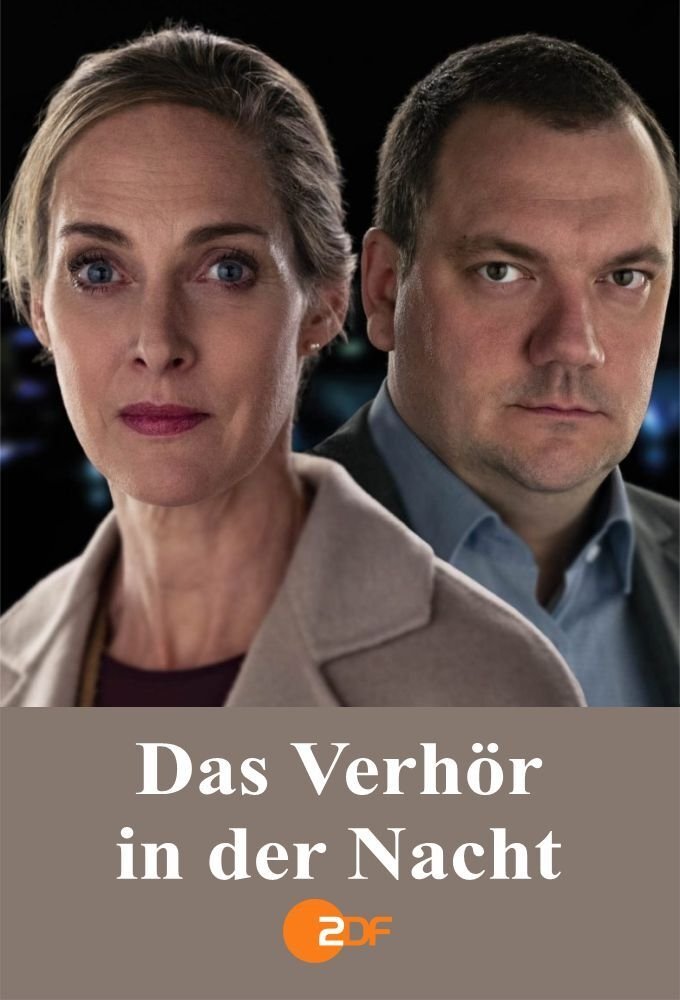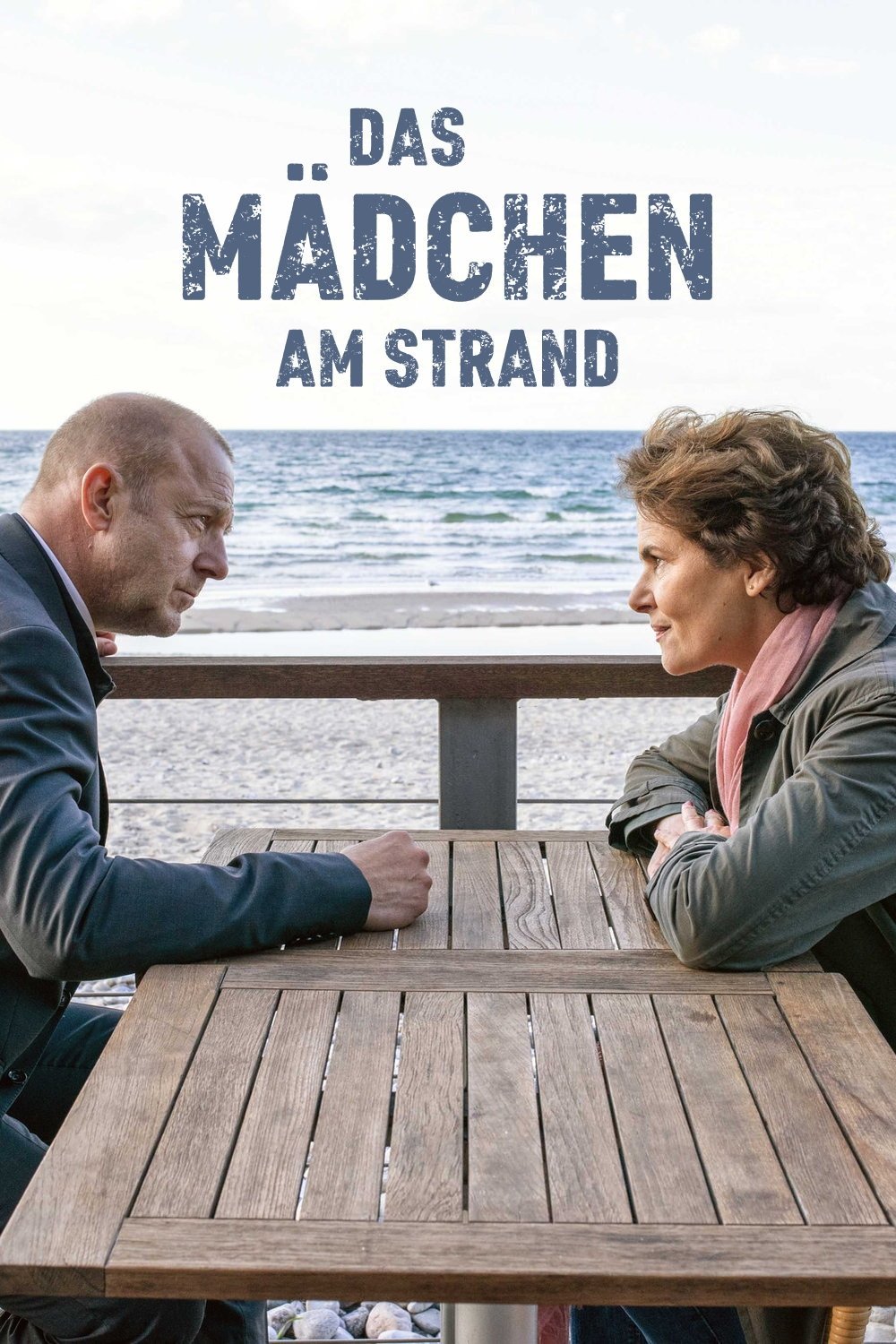

Once again, 16-year-old Jonas starts at a new school and, as always, he has no intention of being anybody’s darling. Jonas has muscular dystrophy, is confined to a wheelchair and knows that he will die sooner rather than later from this incurable and progressive disease. His mother Alma, who raises Jonas alone and would rather take a second job than forego therapy for him, is determined to delay his deterioration. She has placed Jonas with Dr. Wildenhahn, an authority on Duchenne disease. The doctor manages to be taken seriously by Jonas, that is until he gets to know Emily, Marianne Wildenhahn's daughter, who goes to his class. Emily has a massively low academic grade, which she hides from her mother because of the doctor’s high standards. Emily falls in love with Jonas, and her sincere affection gives him the courage to love her back. Emily and Jonas become a couple, overcoming all obstacles.


The body of old Theodor Reifenrath is found in Mammolshain in the Taunus. Accident or Murder? Because the safe is open and empty, inspectors Pia Sander and Oliver von Bodenstein start investigations. In the dog kennel in front of the house, they make a horrifying discovery. Alongside to a nearly starved dog, she finds human bones in the ground. Three women's bodies are recovered by the forensic experts. But who are the murdered women? The dead man and his deceased wife Rita had used the large house by the lake as a kind of children's home and had raised many foster children here over the years. However, the two were not loving foster parents. Rita has been missing for many years. Probably suicide, but her body was never found. The investigators are concentrating on the foster children, who are now all grown up and in the middle of life. The pattern of killings is striking: Apparently the perpetrator always kills on Mother's Day. And that day is near.


Pan Tau is a kind gentleman who wears an elegant suit and is always there when families need him. Although it radiates from a completely different time and not a word is spoken, but everything is there and responds to problems in its own way. There can be magic appearing seemingly randomly among families across all social strata in any way possible by tapping the bowler hat on his head for magical perspective shifts. By doing this, it seems to be ignoring all the laws of physics.

The Munich LKA officer Sandra Rutkowski received an anonymous call in which a star tenor from the Munich State Opera was accused of molesting children. A boy brought to him is said to be locked in the cloakroom of the singer, who is still being celebrated on the stage. When Sandra and the Munich inspector Lukas Laim break down the door to the cloakroom, they find an intimidated, apathetic boy in the closet.



For the handsome Sebastian life goes by easily. During the day he works in a fashion shop, in the evening he flirts through the clubs of the city. Blessed with an extraordinary voice, all signs of a career for the young singer. Ironically, an accident rips him out of his carefree life: Suddenly Sebastian can not see anymore. Instead of the party girls, a young woman enters his life, for whom he had never had eyes: the inconspicuous nurse Mia (Paula Kalenberg). Through her, Sebastian begins to re-experience the world - and for the first time gets to know real feelings. Thanks to Mia he writes a song that really comes from the heart. Overnight, it makes him, the blind romantic, known on the Internet. When he regains his sight, he has to decide: Will he also return to his old life?

When Eva returns to her house on the day of her divorce, she finds a bouquet of red roses outside the door. Attached is the note: "You are not alone." The sender is anonymous.